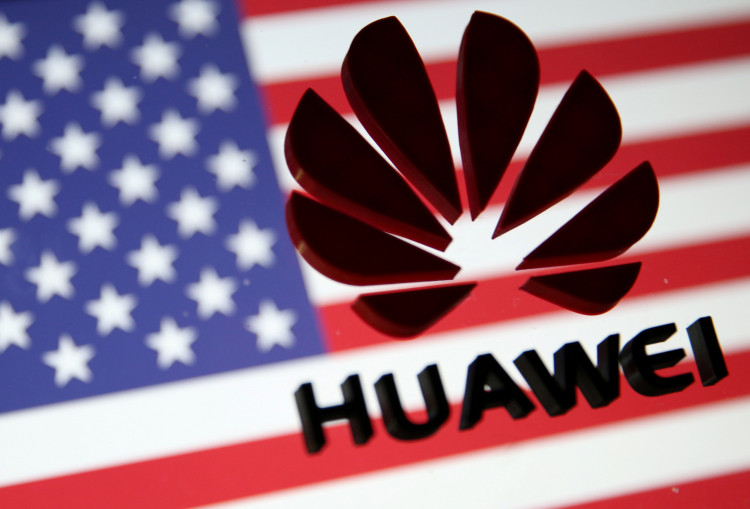Huawei's story of redemption following a rollercoaster ride with the U.S. government has some sides to it that many people are not aware of. A new report revealed that American chipmakers played a significant role in convincing U.S. President Donald Trump to ease up on the Chinese tech giant.
A Bloomberg report revealed on Tuesday that a group of American brands under the semiconductor and chip-making sectors held multiple meetings with the U.S. Commerce Department before Trump made the announcement during the weekend.
The high-level meetings were reportedly aimed at convincing the White House to tone down its tirades against Huawei. The U.S. firms who participated in the meetings and signed a joint letter to the government said that the blacklisting on China's leading tech company would primarily hurt both American businesses and consumers.
Aside from laying out the potential disasters that come with an extended ban on Huawei and its business dealings in the U.S., companies such as Qualcomm and trade group Semiconductor Industry Association (SIA) told Washington that the blacklisting made it look like Huawei's American tech partners were "risky and undependable."
According to the outlet, the letter SIA sent to the White House argued how the blanket ban could affect investments and expansion to the world's most populous nation. It is worth noting that Huawei is a major customer of U.S. semiconductor providers.
Ever since Trump announced the blacklisting of Huawei, American firms in the tech sector have been exploring ways to continue doing business with the Chinese tech leader. Industry analysts noted that their efforts were not in vain.
During the G20 Summit in Osaka, Japan over the weekend, the U.S. president said he is finally allowing his country's tech companies to sell chips to Huawei. He acknowledged that U.S. firms in the industry were unhappy about his sanctions.
People with knowledge of the meetings held between the White House and American chipmakers revealed that the U.S. chip industry proposed reduced restrictions on Huawei in efforts to curb the disastrous effects of completely cutting off business with the Chinese company.
With the easing of restrictions on Huawei business dealings, U.S. companies no longer need to acquire special permits and licenses from the White House if they want to sell equipment and components to their Chinese counterpart.
The biggest breakthrough in the blanket ban reversal is the revelation that it's not just the semiconductor segment that worked to convince the Trump administration to make the "U-Turn." International Business Expert with the Center for Strategic and International Studies, William A. Reinsch, told ABC News that the inhabitants of Silicon Valley may have also joined the call to halt the ban.
Silicon Valley companies such as Google and Facebook have yet to confirm if they were involved in the meetings with the Commerce Department.





